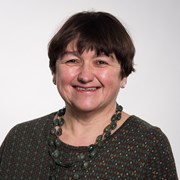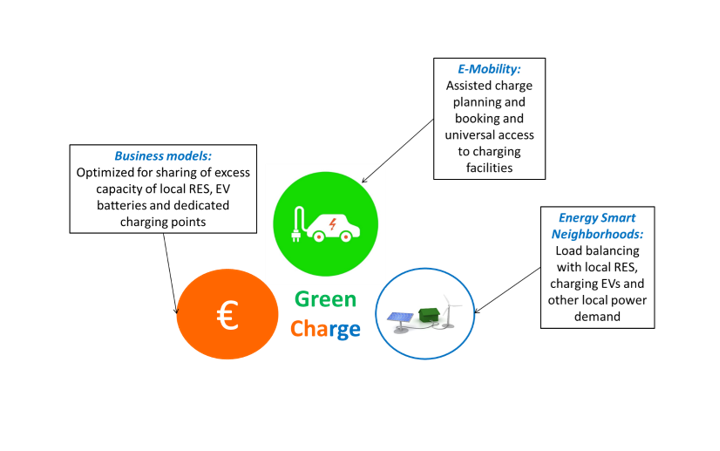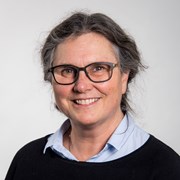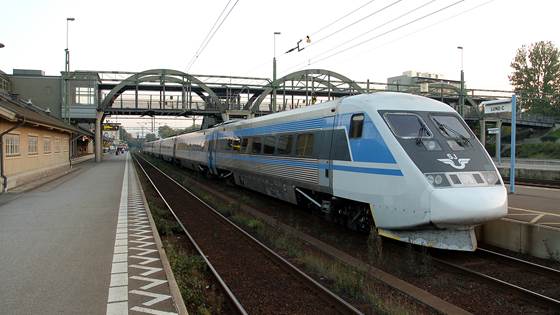General description:
The business models are inspired by ideas from sharing economy, meaning they will focus on how to best allow for using and sharing the excess capacity of private renewable energy sources (RES), private charging facilities and the batteries of parked EVs, in a way that makes everyone gain from it.
The technology will coordinate the power demand of charging with other local demand and availability of local RES, leveraging load flexibility and storage capacity of local stationary batteries and parked EVs. Furthermore, it will provide user friendly charge planning, booking and billing services for EV users. This will reduce the need for grid investments to establish new charging stations, remove range and charge anxiety and enable the sharing of already existing dedicated charging facilities for EV fleets.
Pilots will be carried out in Barcelona, Bremen and Oslo to demonstrate and evaluate the proposed approach.
The guidelines will integrate the experience from the pilots and simulations and advice on localisation of charging points, grid investment reductions, and policy and public communication measures for accelerating uptake of electromobility and will be aligned with Sustainable Urban Mobility Plan (SUMP) processes.
GreenCharge is testing all of these innovations in practical trials in Barcelona, Bremen and Oslo. Together, these trials cover a wide variety of factors: vehicle type (scooters, cars, buses), ownership model (private, shared individual use, public transport), charging locations (private residences, workplaces, public spaces, transport hubs), energy management (using solar power, load balancing at one charging station or within a neighbourhood, battery swapping), and charging support (booking, priority charging).
SINTEFs role
SINTEF is represented in the GreenCharge consortium by SINTEF Digital , specialising in information and communications technology, and SINTEF Building and Infrastructure , focusing on sustainable solutions for buildings and neighbourhoods. SINTEF's combined expertise in information technology and zero emission / energy flexibility is a great asset in this project to establish Energy Smart Neighborhoods.
SINTEF's role in the project:
• Responsible for project coordination and technical management
• Lead the activities for the architecture design and interoperability specification
• Coordinate the evaluation (evaluation manager) and heavily involved in the evaluation of the technical prototype and stakeholder acceptance
• Heavily involved in the Oslo pilot to coordinate and support the pilot implementation






